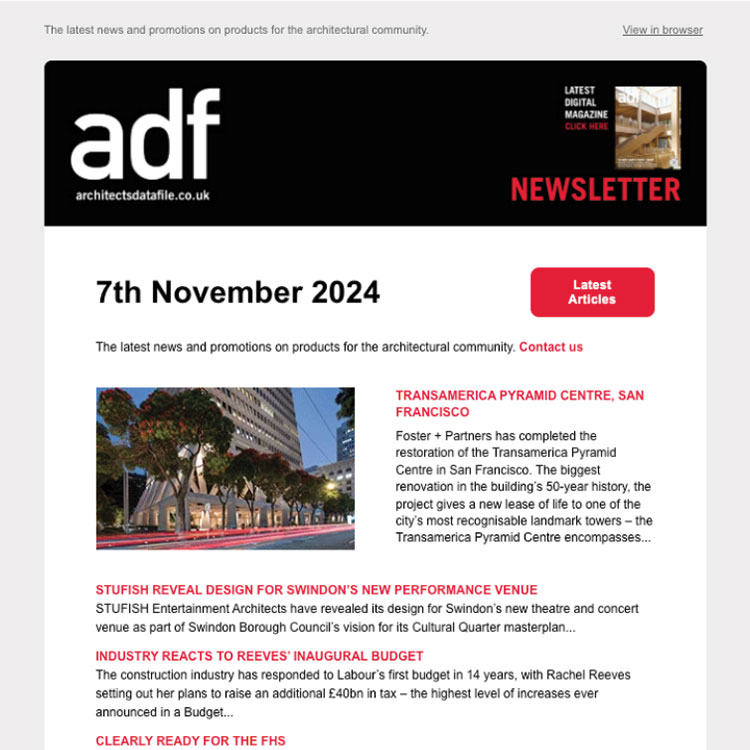“Experience precedes instruction.” (Jean-Jacques Rousseau)
What exactly is education? Is it a large amount of specialist and general knowledge, impressive intelligence or just courteous behaviour? According to Jean-Jacques Rousseau, education provides people with the basis to make the right choices about their own lives freely and capably. Only enlightened, responsible citizens attain inner and outer freedom. From this standpoint, education means “being able to form your own impressions.” It is not only about understanding relationships in society and nature but also about experiencing and reflecting on your own personality and actions in this world. That is because only through personal experience of things, people and actions do we understand their complexity and significance. Rousseau believes that people learn from birth, first of all through experience, and he concludes: “Experience precedes instruction.”
Modern didactical methods value experience and self-knowledge, as well as social interaction and the ability to see things from different perspectives. These competences promote not only good general knowledge but also empathy, critical thinking and social skills. Since the actual place of education must encourage shifts in perspective and experience, this results in a hugely complex construction task, and the stakes are high. If education facilitates freedom and compassionate coexistence, then a lack of education jeopardises freedom and democracy. There is, therefore, no greater good than education and no construction task more important than buildings for educational purposes. We had better make a good job of them!
Read the new issue of ALUCOBOND’s digital magazine Forms & Elements here.
Download the Forms & Elements App here.


